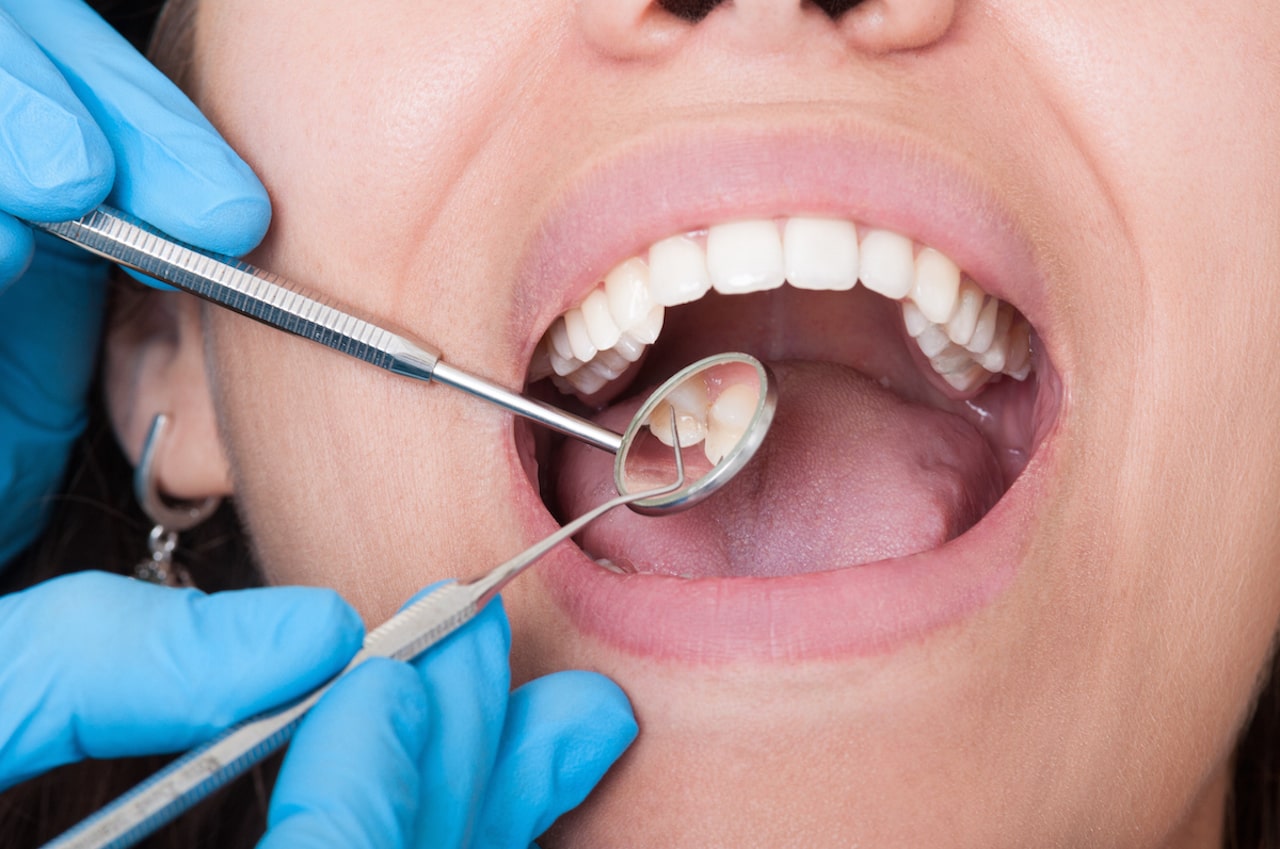
The Connection Between Poor Oral Health and Systemic Disease
Poor oral health has been linked to a number of systemic diseases, including cardiovascular disease, diabetes, and even some forms of cancer.
This article will explore the connection between poor oral health and systemic disease in order to raise awareness of the importance of maintaining good oral hygiene habits.
What Causes Poor Oral Health?
There are several factors that can contribute to poor oral health. These include not brushing or flossing regularly, smoking, drinking alcohol, and not visiting the dentist regularly. All these things can lead to plaque buildup in the mouth which can cause cavities and other problems such as gum disease.
Good oral health is important for overall well-being, but there has been growing evidence that poor oral health can contribute to systemic diseases such as cardiovascular disease, diabetes, and even cancer. This article will explore the connection between poor oral health and systemic disease, including how it happens and some ways to prevent it.
What Poor Oral Health Can Lead To:
Poor oral hygiene habits can lead to a build-up of bacteria in the mouth. These bacteria form plaque on teeth which can cause tooth decay and gum disease if left untreated. In addition to these issues, the presence of these bacteria in the mouth can be linked to many other illnesses beyond just dental issues.
Bacteria from the mouth have been found in arterial plaques associated with cardiovascular disease, as well as in other parts of the body. This suggests that poor oral health can have an impact on a person’s overall wellbeing and their risk for systemic diseases.
How Can Systemic Diseases be prevented?
The best way to prevent systemic diseases caused by poor oral health is to practice good dental hygiene habits on a daily basis. Brushing teeth twice a day with fluoride toothpaste and flossing once a day are essential steps in preventing plaque build-up and cavities. It is also important to visit the dentist like bluecedardentistry.com regularly for check-ups and cleanings as these can help identify potential issues before they become more serious problems.
Our oral health is closely linked to our overall physical health. Poor oral hygiene practices can lead to a variety of systemic diseases, including cardiovascular disease, stroke, diabetes and even Alzheimer’s.
This article will examine how poor oral health affects systemic disease and explore potential treatments for both conditions.
What Is Systemic Disease?
A systemic disease is any medical condition that affects multiple organs or systems of the body. These illnesses can be caused by genetic factors, environmental toxins, lifestyle choices, or a combination of all three.
How Poor Oral Health Can Lead to Systemic Disease:
Poor oral hygiene practices can leave us at risk for developing systemic diseases as well as local infections in our mouths. Bacteria and other microorganisms can build up on our teeth and gums if left untreated, leading to increased levels of inflammation throughout the body. This chronic inflammation is linked to several chronic conditions, including heart disease and stroke.
The bacteria and viruses that thrive in an unclean mouth may also be able to enter the bloodstream through abrasions in the gums caused by brushing too hard or using a toothbrush with sharp bristles. Once in the bloodstream, these microbes can travel to other organs and cause inflammation, leading to serious systemic diseases.
Treating Oral Health Conditions:
Treating oral health conditions is essential for reducing the risk of systemic disease. Practicing good hygiene habits such as daily brushing and flossing, scheduling regular checkups with your dentist and avoiding sugary snacks are all important steps in maintaining good oral health. Your dentist can also detect any early warning signs of gum disease and provide treatment as necessary.
Conclusion:
The connection between poor oral health and systemic disease is real, but it is possible to protect yourself from both by practicing good hygiene habits and seeing your dentist regularly. It is important to recognize the risks of ignoring your oral health, and take steps to maintain a healthy mouth. Not only will this reduce your risk of systemic disease, but it can also make you feel confident in your smile.
By understanding the connection between oral health and systemic disease, we can better protect ourselves from both. With proper care and prevention, we can maintain good oral hygiene and reduce our risk for potentially life-threatening conditions.







